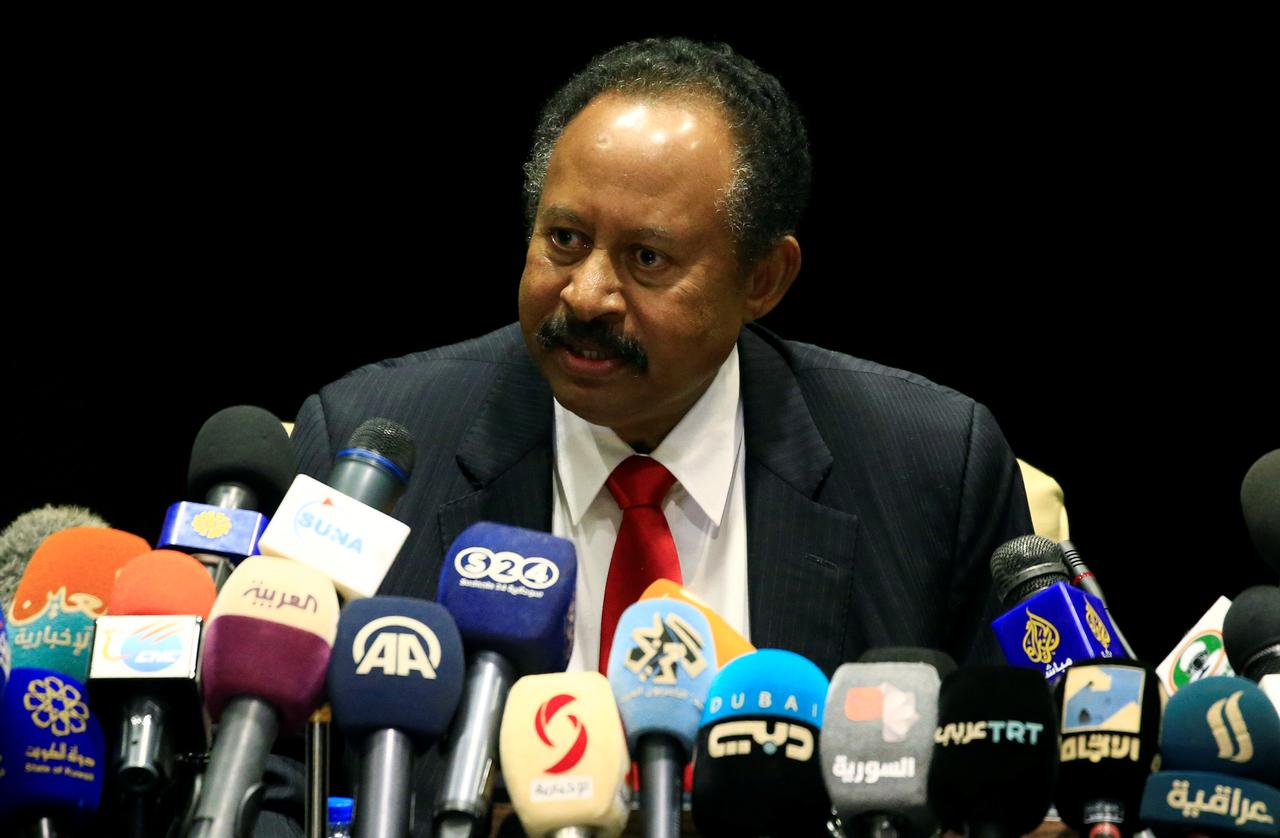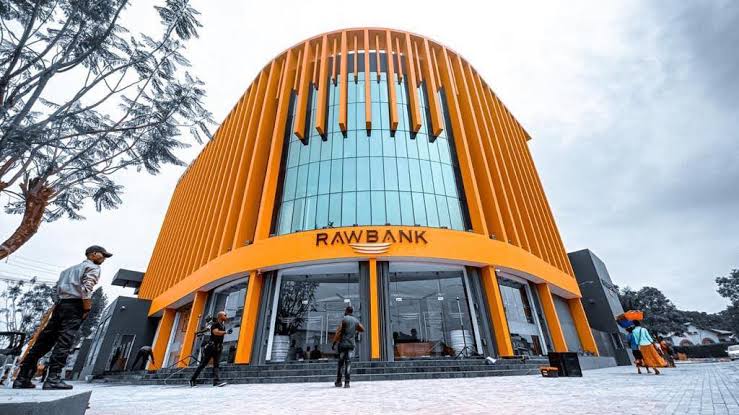Sudan Swears In First Government Since Omar al-Bashir Ouster


About five months after the removal of Omar al-Bashir, Sudan has sworn in its first cabinet. The cabinet is made up of 18 members. However, leading the cabinet is Prime Minister Abdalla Hamdok. The cabinet also includes four women. All the members took the oath of office at the presidential palace in Khartoum on Sunday 8th September 2019. After the swearing-in ceremony, the Information Minister, Faisal Mohamed Saleh said,
“We have to put in a lot of efforts to meet our people’s demands. The world is watching us. It is waiting to see how we can solve our issues.”
Popular figures in the new cabinet include Asmaa Abdalla, the country’s first female Foreign Minister and Ibrahim Ahmad al-Badawi, a former World Bank economist. The cabinet will be in charge of the nation’s daily affairs during a 39 months transition period. Last month, the country also swore in a sovereign council—a ruling body comprising of civilian and military to oversee the transition.
The government is part of last month’s power-sharing deal between the protest groups and military and civilian parties. After announcing the names of the 18 ministers, Prime Minister Hamdok said he will name two more later. In a news conference in Khartoum, Hamdok said,
“We are keen on the participation of women in the transitional government because of the role they played in the Sudanese revolution. [The new government] will start its work immediately in a harmonious and collective way. Today, we start a new phase in our history. … We are seeking the establishment of a national project and the restructure of the Sudanese state.”
The challenges Sudan’s new cabinet will need to surmount
The challenges facing the new cabinet is diverse including economic problems, international isolation, and internal conflicts. The months following Omar al-Bashir’s ouster has been marked by tensions between the security forces and civilian groups. However, Hamdok’s government also need significant funding to cover importation bills for basic goods like flour and fuel. According to Hamdok,
“The top priority of the transitional period is to stop war and to build sustainable peace. Armed factions are an integral part of the revolution and the current [political] climate provides a great chance to reach understandings on peace.”
The new government will also need to negotiate Sudan’s removal from the U.S. terrorism sponsor list. Hamdok’s government will also need to rethink military spending which gulps nearly 70% of the budget. However, further details of last month’s power-sharing deal show the sovereign council will be at the hem of affairs for the first 21 months before handing over to civilian leadership for another 18 months ahead of elections. Speaking on reviving the economy, the Finance Minister, al-Badawi said,
“We have a 200-day program for reviving the economy in a way that could help reduce the cost of living for our people in the near term. We also have a long term plan to restructure the overall economy.”
Charting a path for peace
Al-Bashir seized power in 1989 following an Islamist-backed coup. However, the worsening economic crisis led to strings of protest that led to his ouster in April 2019. In 2009 and 2010, the International Criminal Court (ICC) issued an arrest warrant against him for war crimes, genocide in Darfur, and crimes against humanity.
During al-Bashir’s 3 decade reign, rebel groups from marginalized Darfur regions have waged war against government forces. Hamdok’s new government will need to find a way to restore trust among these rebel groups in other to give peace a chance.







Responses